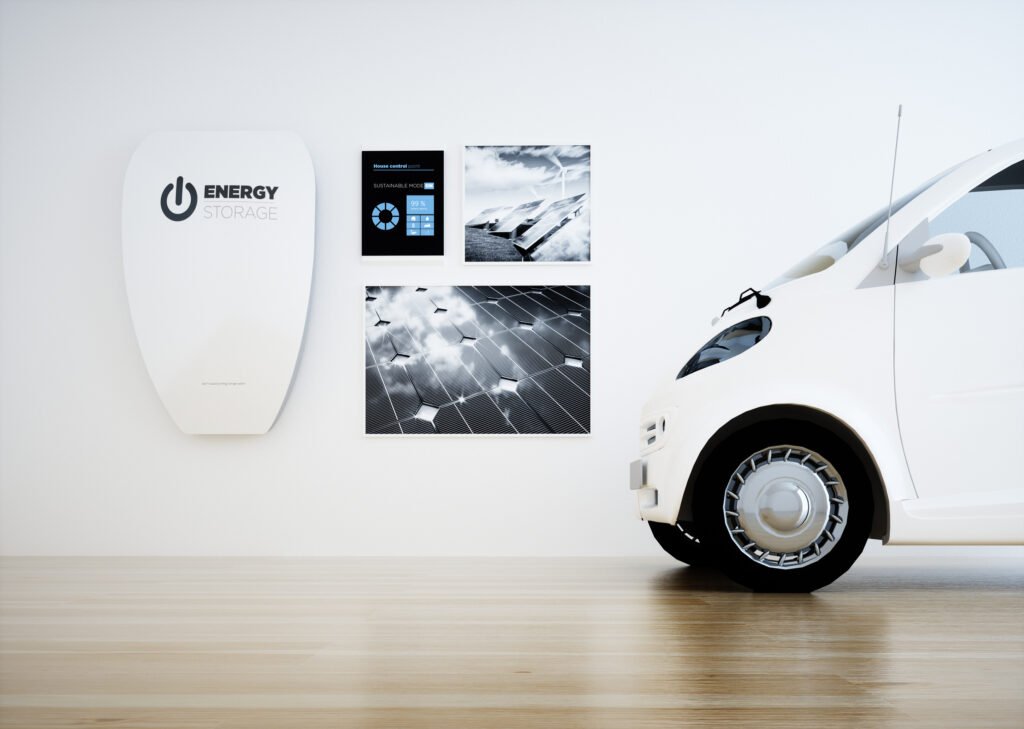Philippine President Duterte signed the Electric Vehicle Industry Development Act (Republic Act No. 11697) on April 15, 2022 (promulgation date April 26, 2022; enforcement date May 11, 2022). This Act defines the national policy framework for the development of the electric vehicle (EV) industry and applies to the manufacture, assembly, import, introduction, maintenance, utilization, and research and development of EVs, charging stations, components, batteries, and EV-related infrastructure. The specific compliance matters for business operators and government agencies will be stipulated in the roadmap to be formulated annually. This Act will come into effect 15 days after its promulgation in the Official Gazette or in a newspaper of general circulation.
The original text of the Act can be viewed from the following URL:
https://www.officialgazette.gov.ph/downloads/2022/04apr/20220415-RA-11697-RRD.pdf
The main contents of the Act are as follows:
- “The Comprehensive Roadmap for the Electric Vehicle Industry (CREVI) refers to a national development plan for the EV industry with an annual work plan to accelerate the development, commercialization, and utilization of EVs (SEC. 6). It consists of four components: EVs and charging stations, manufacturing, R&D, and human resource development. Each of the following agencies will work with other government agencies to develop and update the components they are responsible for and submit them to the Department of Energy (DOE) by May 30 each year. The Department of Energy (DOE) shall consolidate each component and publish the CREVI on its website by September 30 each year (SEC. 7).
- EVs and charging stations – Department of Energy (DOE)
- Manufacturing – Department of Trade and Industry (DTI)
- R&D – Department of Science and Technology (DOST)
- Human Resources Development – Department of Trade and Industry (DTI)
- Companies such as cargo logistics companies, food delivery companies, tour agencies, hotels, power utilities, and water utility companies, as well as public transport operators, LGUs, NGAs, and GOCCs, must ensure that at least five percent (5%) of their fleet, whether owned or leased, shall be EVs within the time frame indicated in the CREVI. The CREVI shall provide a timeline for the gradual increase of such percentage until the entire fleet of the covered entities will all be EVs. (SEC. 16)
- Private and public buildings and establishments constructed after the effectivity of this Act shall designate dedicated parking slots for the exclusive use of EVs. The number of dedicated parking slots shall be proportional to the total number of parking lots within the building or establishment as provided in the CREVI. Provided that, if there are twenty (20) or more parking lots, there should be at least five percent (5%) dedicated parking slots. Existing private and public buildings and establishments shall comply with the foregoing requirements within the time frame indicated in the CREVI (SEC. 17).
- The CREVI shall determine when dedicated parking slots shall be installed with a charging station either by the owner of the building or establishment of a charging station service provider. Provided, that the owner of the private or public building shall have the first priority to install, operate, or maintain a charging station in its premises (SEC. 18).
- Regarding incentives for activities such as the manufacture and assembly of EVs, charging stations, batteries, and parts and components; the establishment and operation of charging stations and other related support infrastructure such as research and development centers; as well as the import of capital equipment used to manufacture and assemble EVs and build and install charging stations, shall undergo an evaluation to determine their inclusion in the strategic investment priority plan (SIPP) (SEC. 24).
- The importation of completely built units of EVs shall be entitled to the incentives under the tax reform act (TRAIN act). The importation of completely built units of charging stations shall be exempt from the payment of duties for eight (8) years from the effectivity of this Act (Article 24).
The implementing regulations of this Act are to be promulgated within 120 days from the enforcement of this Act.
NOTE:
The Philippines promulgated the Implementing Rules and Regulations of Republic Act No. 11697 of the Electric Vehicle Industry Development Act (EVIDA-IRR) on September 6, 2022. See more details in the following:
Philippines promulgates Implementing Rules and Regulations of the EV Industry Development Act
 Philippines Enacts Electric Vehicle Industry Development Act
Philippines Enacts Electric Vehicle Industry Development Act 

























